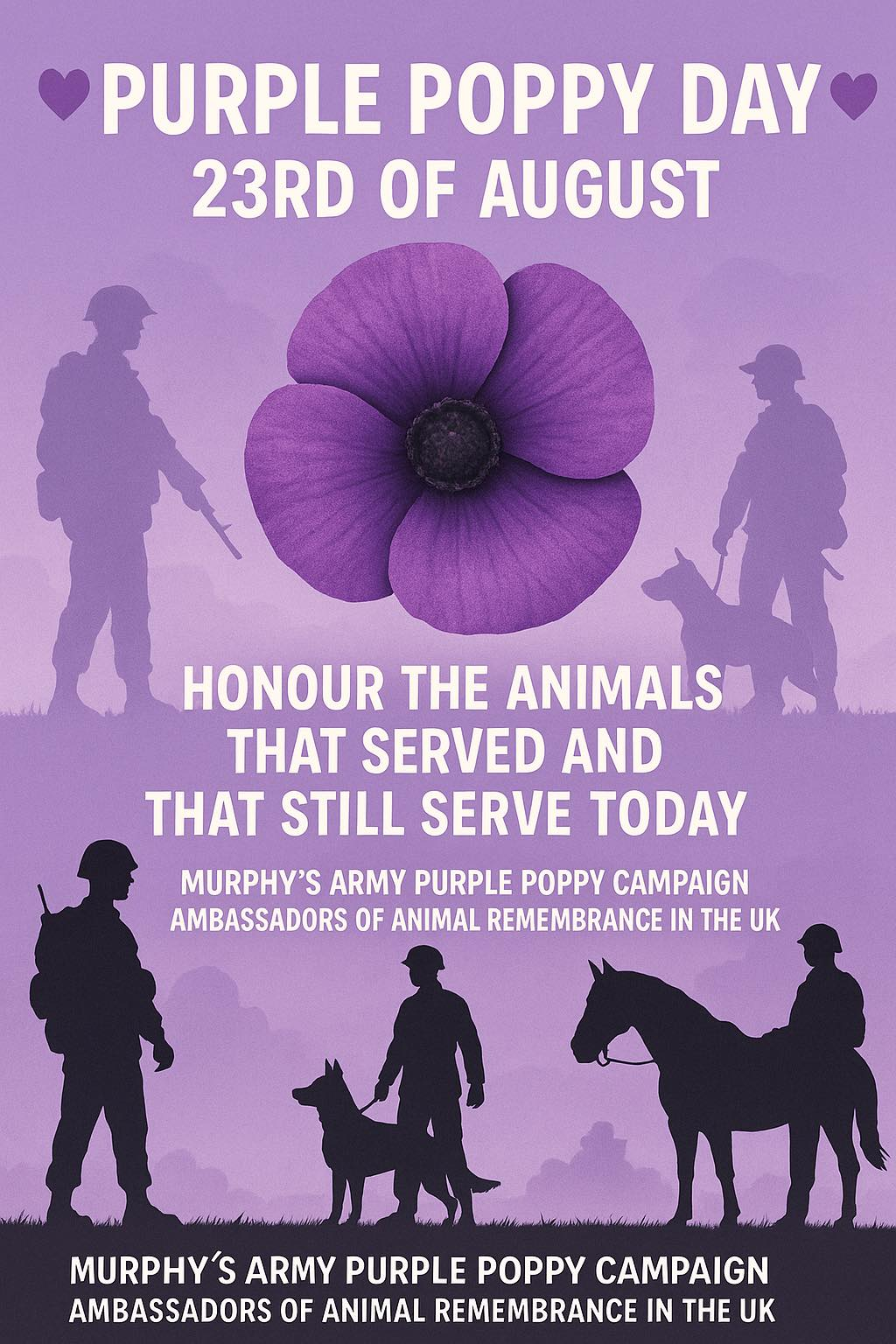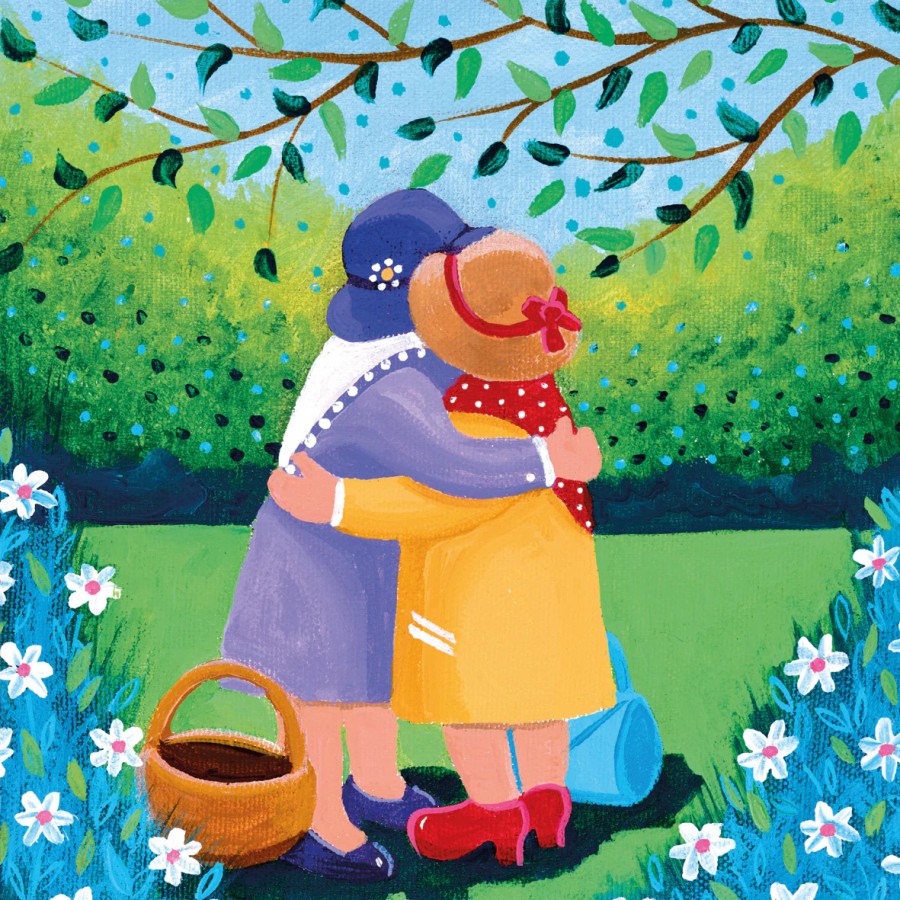Helpful Ways to Look After Our Veterans

No matter what your views on war and politics, we all wish to help veterans, some of whom are left traumatised (and disabled, or both) by serving in wars. We don’t think war is the answer to anything. But many are sent out to awful situations, and they need help.
A good portion of homeless people are ex-veterans, who end up living in poverty with disabilities, and often mental health problems.
Money is not the most important thing on earth, but it pays to firstly ensure that veterans are receiving benefits (and disability benefits) to fund food and housing. Receiving disability benefits can unlock many other benefits including an allowance for more comfortable wheelchairs (important especially for amputees).
Many veterans have no Internet access, so step in to help with benefits checks (many have back-pay for people who were unaware, so always ask about this, as it’s not usually offered automatically).
Many ex-veterans have dogs (sometimes adopted from abroad by serving officers). So if they are now elderly or disabled, join dog-walking volunteering schemes to help give pooches a nice outing, so they can stay with human guardians.
Veterans give everything they have to keep us safe, but returning to civilian life isn’t always easy. Many face daily struggles with their health, both visible injuries and hidden ones like PTSD or depression. Looking after veterans matters because no one should feel forgotten after serving their country.
Many veterans deal with post-traumatic stress or combat stress after leaving the military. The memories of war, sudden loud noises, nightmares, or even crowded spaces can feel overwhelming. These struggles are real and can affect everything from sleeping well to trusting others.
- Combat Stress offers support to veterans and ex-veterans in-person or online (with a 24-hour helpline for veterans and families). They help people with PTSD (post-traumatic stress disorder), depression, anxiety, anger and alcohol/substance misuse.
- Op Courage offers NHS mental health support. You must have served in the UK Armed Forces for a full day (with a confirmed discharge date) and provide your military service number. Veterans can self-refer for care tailored to their needs, so no one gets lost in the system.
- Guitars for Veterans is a good idea from the USA. It runs group sessions and one-to-one lessons, to help veterans to relax and express feelings they may struggle to put into words. Sharing music becomes a gentle way to connect with others who get it.
- Defence Medical Rehabilitation Centre deliver hands-on help, from physio to fitting prosthetic limbs. Sessions often build confidence and open doorways to sports or group activities, fighting loneliness.
You can claim for compensation if you were made disabled (or have mental health issues) while serving in the Armed Forces (including Reserve Forces). This is paid as a lump sum (or regular payments).
You can also claim if you were victim of a violent crime while serving abroad (under the Criminal Injuries Compensation Scheme).
Charities Making a Difference
- Royal Air Force Benevolent Fund offers help for members and ex-members, plus help for carers and accessible holidays.
- Help for Heroes has a phone helpline to offer financial and housing support, plus for mental health or disability issues.
- Blind Veterans UK offers help to make the most of remaining vision, mobility training and independent living skills.
- SSAFA (the Armed Forces Charity) offers free help for all of the above, plus for families with relatives in custody or on probation, an overseas community health services and Nepali language services for members of Brigade of Gurkhas and families.
Choose Metal Pin Poppies Instead

The plastic red poppy (with green plastic stem) has now been replaced by a version, made from a blend of paper and recycled plastic coffee cups. But even better is a metal poppy pin.
Some people choose to buy metal ‘white poppies’ (to support peace organisations). Worn since the 30s, these are not political statements. Simply a way to ask governments, to not always choose war as the first resort.
Others choose to wear purple poppies, in remembrance of animals killed in wars. Found in peace cafés and local churches, profits help charities for retired service animals.
Poppies (often sold as seeds in ‘plantable cards) are unsafe near animal friends. Learn more on pet-friendly gardens.




